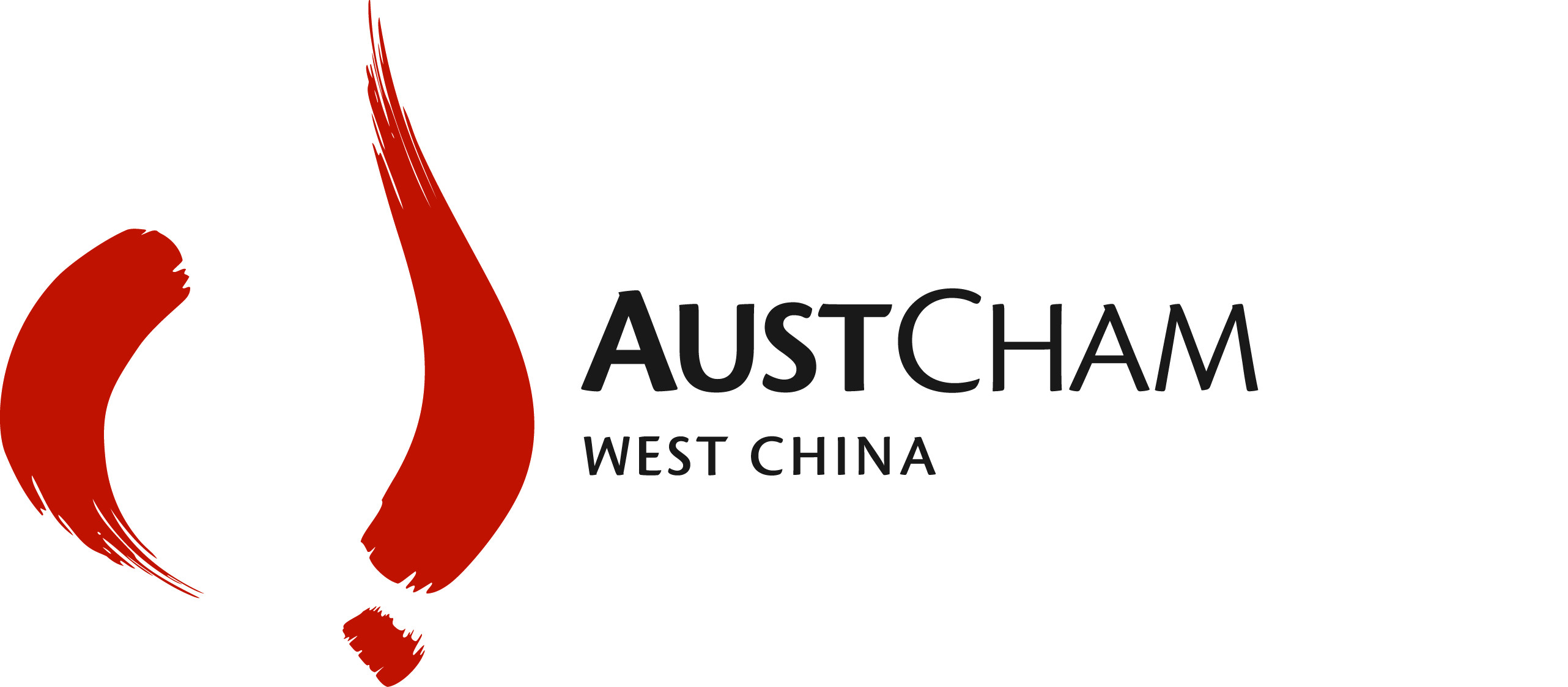People’s Bank of China eases credit card rules
The People’s Bank of China has announced that it will allow banks to offer up to a 30 percent discount on the credit-card lending rate, which at current stands at 0.05 percent per day. Effective from 2017, the daily limit credit card holders will be able to withdraw in cash from ATMs will increase from 2,000 yuan to 10,000 yuan. In addition to these changes, rules on 60 day interest-free periods and minimum monthly payments were scrapped and banks given the authority to decide whether and how much they will charge card holders if they fail to meet the repayment timeframe. These rules come into play as China, the world’s second largest economy shifts towards a consumption and service driven economy. Click here to read the full article.
SME’s to get a 2 billion yuan in digital upgrades
On Monday, the China Association of Small and Medium Enterprises announced it intends to invest approximately 2 billion yuan to help SMEs with digital upgrades. The Association established an Internet Plus committee, dedicated to investigating supporting methods for small and medium enterprises by utilizing internet technologies. Zhang Jingqiang, the association’s vice president, highlighted that this support is necessary for SMEs as traditional enterprises that cover healthcare, retail industries and manufacturing have already taken this next step into the internet age, however small and medium enterprises are only on the verge of this transformation due to limited resources. In conjunction with Beijing Weipass Panorama Information Technology Co Ltd, the association hopes to provide support in the areas of online payment and transfer solutions and hardware facilities. Click here to read the full article.
Aided by Alibaba, Sinopec opens online industrial platform
Sinopec, China’s biggest petroleum and chemical corporation is set to establish the nation’s largest online industrial supply system via a platform provided by one of China’s e-commerce leaders, Alibaba. The move by Sinopec aims to expand profitability by diversifying income in the face of weakening oil prices. Alibaba in return, will provide Sinopec with internet safety, big data and technology upgrading. Wang Yubing, president of Sinopec’s procurement division, stated that the potential for the sales of industrial products online is “much larger” than the online retail business, which has risen to 3 trillion yuan. The platform is expected to benefit both large, medium and small scale companies through the distribution of resources in suppliers and knowledge of supply chain management, as well as elevating sourcing processes and reduction of procurement costs. Click here to read the full article.
China’s cross-border e-commerce bids farewell to “tax-free” age
According to China’s recent tax policy amendment, retail goods purchased online using cross-border e-commerce platforms will now be defined as imported goods, and therefore will require additional tariffs, as well as an import VAT and consumption tax. Further conditions of the new policy include having a 2,000 yuan per single cross-border transaction limit, and a maximum of 20,000 yuan per person per year. If the goods exceed these limits, they will be charged the full tax for general trade. Although there are some mixed feelings amongst buyers who fear raised retail prices, the new tax amendments may not necessarily directly affect the consumer. General manager of Tmall International Liu Peng, stated that she believes that many sellers on the e-commerce platforms will not alter prices and instead will opt to ‘squeeze their own profits’. Click here to read the full article.

